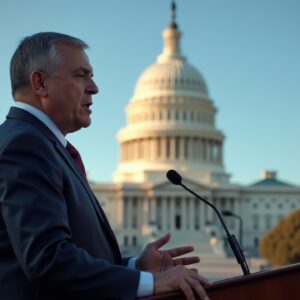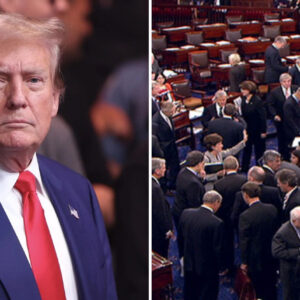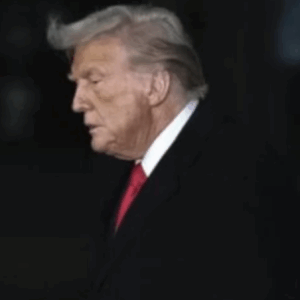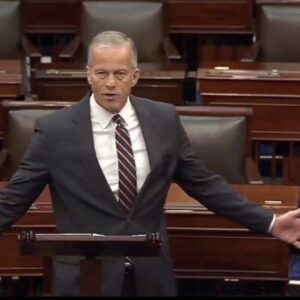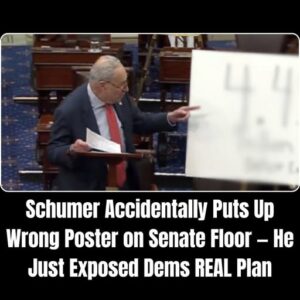The pharmaceutical industry translated a wonky policy topic into a talking point repeated by a range of groups.
President Trump’s recent executive order aimed at lowering drug prices has given the pharmaceutical industry a significant advantage. It called for a report within 90 days to reassess the role of pharmacy-benefit managers (PBMs), whom drugmakers blame for high prices. The industry has aggressively lobbied against these middlemen, spending millions and securing Trump’s ear in the process.
Drugmakers argue that PBMs inflate drug costs for profit, while the PBMs claim they save billions for consumers and that manufacturers set the high prices. PhRMA, the pharmaceutical trade group, defends its actions and accuses PBMs of harming patient access. Meanwhile, PBMs say the drug industry is trying to deflect responsibility.
PhRMA’s influence campaign includes donations to nonprofits that later criticized PBMs. These include Latina and Black advocacy groups and organizations promoting health equity, some of which received hundreds of thousands of dollars. Critics argue these donations helped amplify industry narratives against benefit managers.
The pharmaceutical industry has also backed both liberal and conservative political organizations. One such group, American Commitment, launched a campaign against PBMs while claiming independence from donor influence. These efforts reflect a broad, strategic push to shift the blame for high drug prices away from drugmakers.
